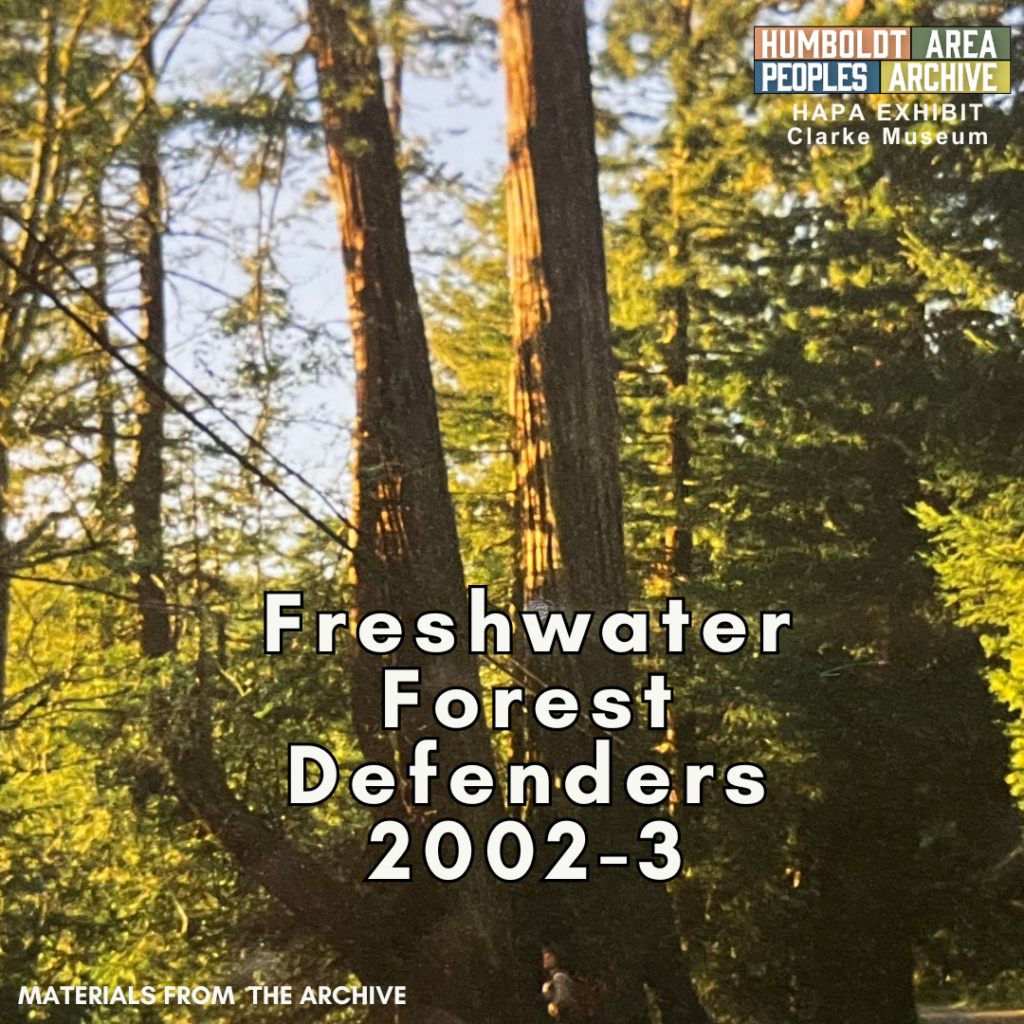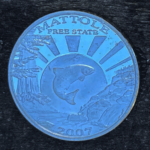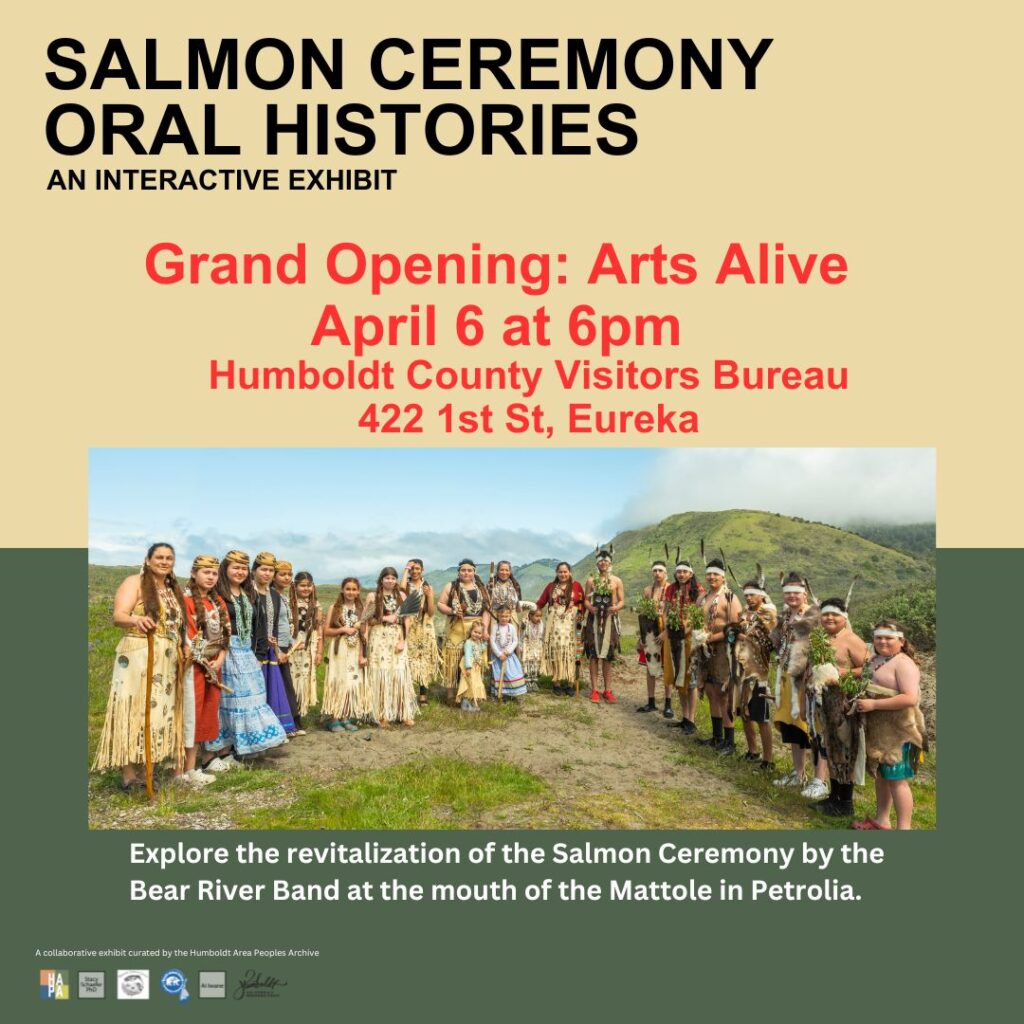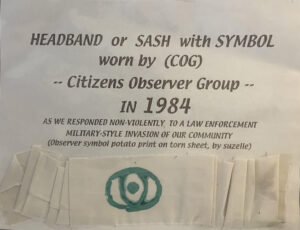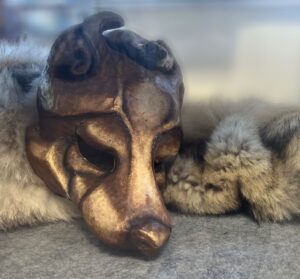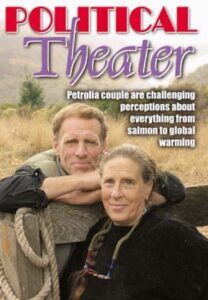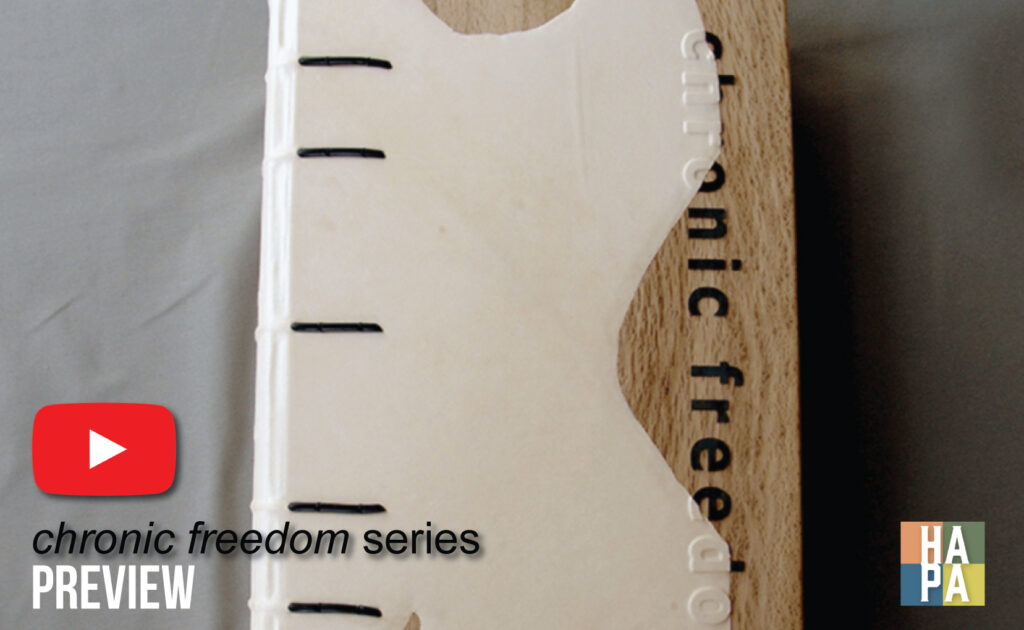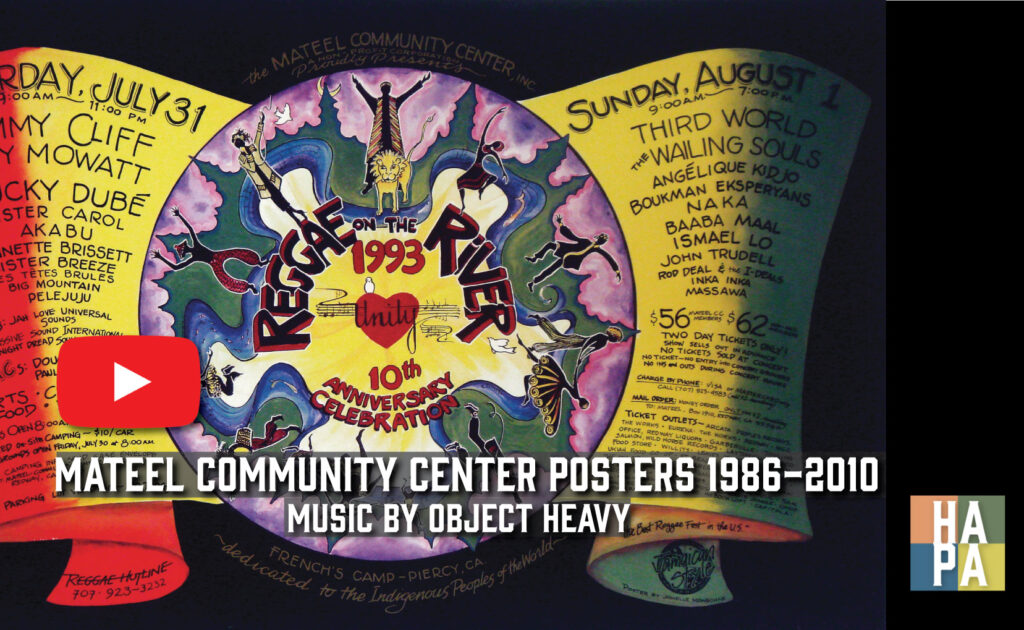Embark on a journey of renewal! Come to the Grand Opening of the Salmon Ceremony Oral Histories: An Interactive Exhibit....
Read MoreNews
Freshwater Forest Defenders
The tree-sit villages on Greenwood Heights Road in Freshwater, Humboldt county, was started in August of 2002 in preparation for...
Read MoreHAPA 2024 Exhibit Series at the Clarke
HAPA is launching its 2024 Exhibit Series at the Clarke Historical Museum in Old Town, Eureka, CA. The year-long effort...
Read MoreCommunity Currencies in Humboldt County in the 2000s
Petols: The Currency of the Mattole
In 2007, the maverick Petrolia resident Ken Young, a climate scientist and passionate marathon runner, took a bold step by investing a significant portion of his personal savings to establish the Petol.
He produced coins made of pure silver, aiming to enhance self-sufficiency in the Mattole valley. He produced six coins in 1, 2, 5, 10 and 20, and a brass half-Petol.
Humboldt Exchange Community Currency
An alternative social movement, the Humboldt Exchange Community Currency was born in 2003 as a grassroots effort to form an alternative market and support people making a living while following their passions.
Well-known local artists including Joyce Jonte, Pamela Becker, Alan Sanborn and Duane Flatmo designed the artwork for the bills.
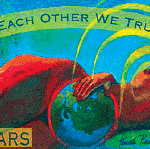
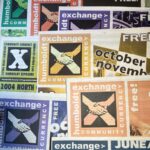
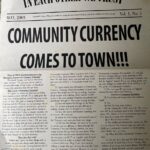
Embark on a Journey of Renewal:
Salmon Ceremony Oral Histories Revealed in Interactive Exhibit
The Humboldt Area Peoples Archive announces the grand opening of its exhibit Salmon Ceremony Oral Histories at 6:00PM, April 6th at the Humboldt County Visitors Bureau at 422 1st St in Eureka. This exhibit invites visitors to delve into the intricate interplay between activism, environmental stewardship, and cultural collaboration. The evening will commence with a special speech (need more reveal of who is speaking) promising an unforgettable experience for all attendees. This exhibit explores the revitalization of the Salmon Ceremony by the Bear River Band at the mouth of the Mattole River in Petrolia. The Bear River Band consists of seven federally recognized tribes: Wiyot, Nongatl, Whilkut, Sinkiyone, Lassic, Bear River, and Mattole.
The exhibit includes the voices of Ruth Wortman and Barry Brenard, cultural coordinators for the Bear River Band, speaking about the meaning of the Salmon Ceremony which existed for generations before falling away in 1958 during the termination era. In recent decades, the Bear River Band has taken steps to revitalize its culture.
Learn more
"Salmon are more than just our food source, they're more than just nutrients to the environment, they’re relatives."
Ruth Wortman
Cultural Coordinator, Women's Group, Bear River Band
"The salmon ceremony has been celebrated within the Northern California tribal region. And what it entails is the reproduction life and death of the salmon as they are naturally. And all the dance steps and intricate moves in the ceremony depict certain traditions that we want to keep alive, like being able to go from the materialistic world to the spiritual world and back."
Barry Brenard
Cultural Coordinator, Men's Group, Bear River Band
In the early 70s, Southern Humboldt’s sole healthcare institution was the Southern Humboldt Community Hospital and Clinic. Many new settlers had a variety of complaints about their treatment at this facility. Of particular concern were the birthing methods required under hospital care. In 1974 a group of poor hippie women organized to establish a clinic that would serve their health needs after several episodes of shoddy treatment at the Garberville hospital. Soon they rented the back room of the Redway laundromat and by the mid 1980s they built the Redwoods Rural health Center that residents of the region know well.
Local women joined the counter cultural movement’s rediscovery the age-old practice of midwifery, natural childbirth and other alternative natal and pre-natal possibilities. In a community committed to natural and home birth whose population was largely in its childbearing years, the demand for midwives was high.
This collection is on exhibit at the Southern Humboldt Chamber and Visitors Bureau.
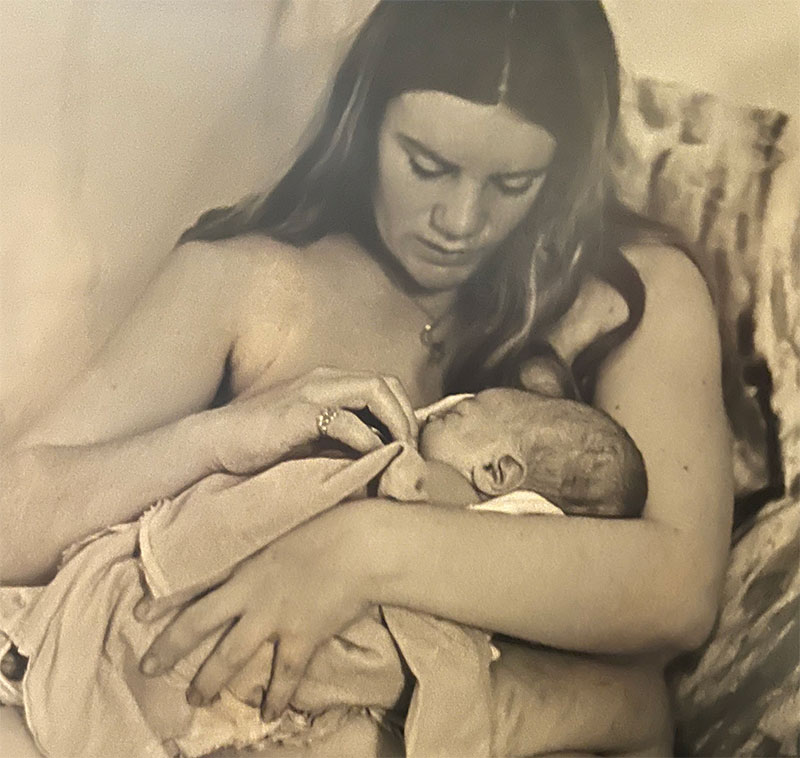
Source: Humboldt Area Peoples Archive
Civil Liberties Monitoring Project
HAPA is opening its Civil Liberties Monitoring Project (CLMP) collection to the public. CLMP (pronounced “climp”) was founded in southern Humboldt County in 1983 to defend civil liberties in Humboldt, Mendocino and Trinity counties. During the height of the War on Drugs it documented police abuses and advocated for citizens rights. It hosted dozens of events to promote public awareness of constitutional rights, promoting direct community dialogue with police and county authorities.
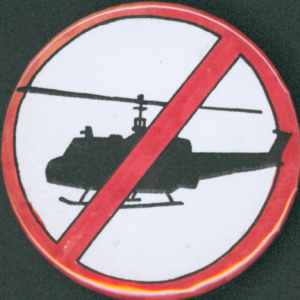
Human Nature Theater
David Simpson and Jane Lapiner, both San Francisco Mime Troupe veterans, launched the theater group, Human Nature, out of Petrolia, which produced plays largely centered on issues of climate change, starting with Queen Salmon in 1990, a play exploring the ways that various parties share responsibility for the alarming decline in salmon populations.
David Simpson writes: “Human Nature is a touring theater company dedicated to addressing crucial societal issues related to environment and social equity through original theatrical productions. The company was launched with a major dance, Human Nature, from which we took our name.”
This collection is on exhibit at the Southern Humboldt Chamber and Visitors Bureau.
Archived websites
Civil Liberties Monitoring Project INDEX
ARCHIVED COMMUNITY WEBSITE: The Civil Liberties Monitoring Project (CLMP) was...
Read MoreGulch Mulch ARCHIVE
ARCHIVED COMMUNITY WEBSITE Paul Modic’s zine Gulch Mulch – Whale...
Read More


